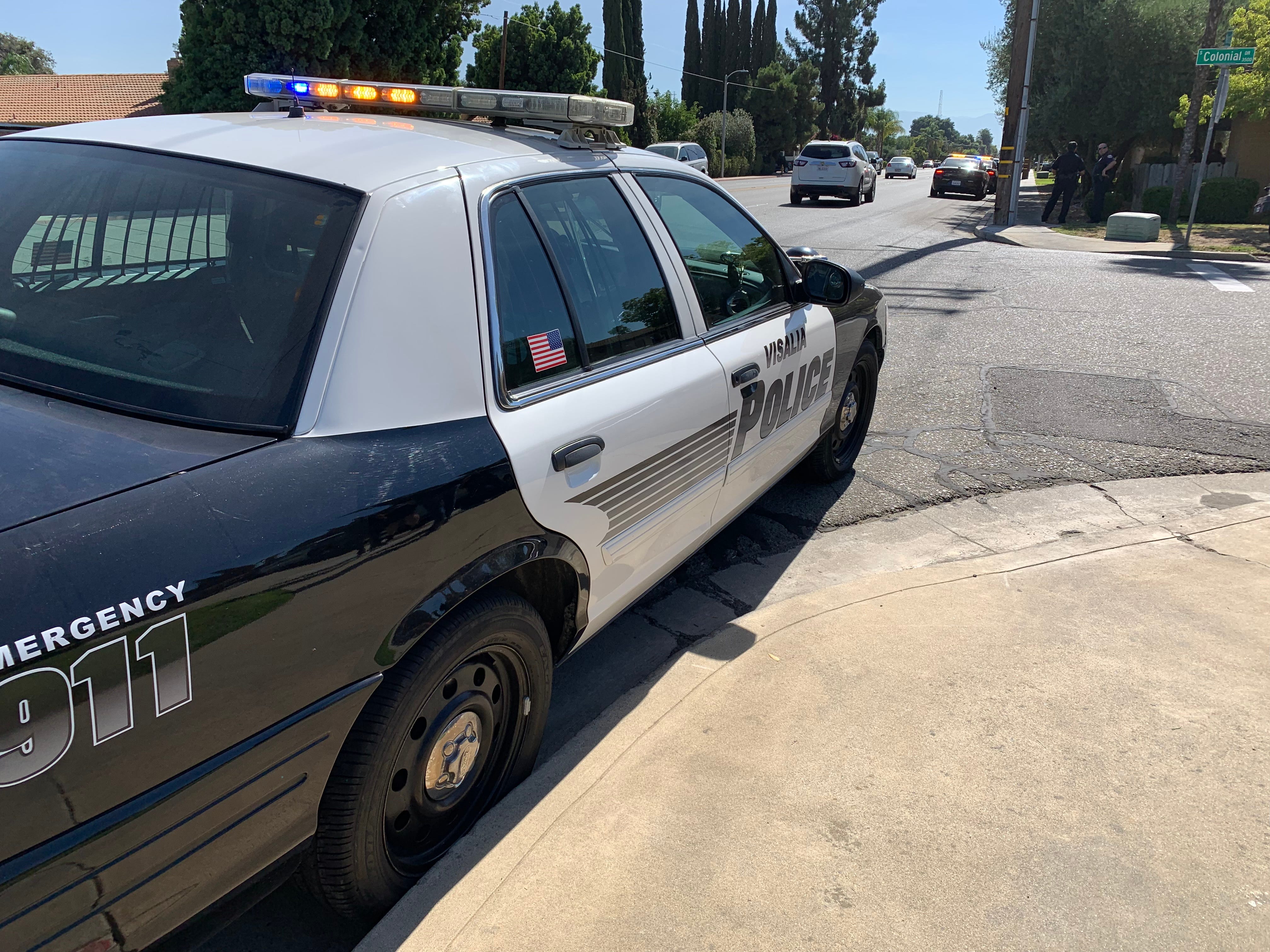

Minister for Planning Richard Wynne said, “only reputable builders will be eligible for the accelerated program. In June this year, the Victorian government announced a plan to accelerate the cladding rectification program from 100 buildings per year to 400 over two years.Ĭladding Safety Victoria (CSV) was expected to work with a select group of reputable builders to work without profit. Minister Wynne’s plan to fast-track cladding Let us know if there are excessive delays.

You may need to wait for up to six weeks to be advised of an inspection date. In your email you are welcome to say that We Live Here referred you. You might be able to change this situation if you act quickly.Įmail the VBA at and let them know that you have combustible cladding and you want your building inspected. If you haven’t heard anything, it means that you are not on the list of buildings to get financial assistance. With the new DHHS directive, we hope this time the fines stick!ĭoes your building have combustible cladding and you haven’t received a notice of inspection from the Victorian Building Authority (VBA) or a building order from your local council? Not content with dodging $25,000 in fines, the same apartment was used for another potentially COVID-19-spreading party just days after the lockdown started. It turns out that restrictions at the time allowed for up to 20 people to gather “at tourist accommodation.” Soon after, red-faced police were forced to reverse the fines. If you needed proof that the short-stay industry lacks regulation, consider the case of 15 people who were slapped with $1652 fines for partying in a short-stay apartment in Southbank just prior to the July lockdown.Īnnouncing the fines, Chief Commissioner Shane Patton labelled the actions of some Victorians “stupid, selfish and reckless”. Short-stay apartment dodges fines and tries again You can also contact We Live Here if you require any advice or assistance. “A lot owner or occupier must not use the lot, or permit it to be used, so as to cause a hazard to the health, safety and security of an owner, occupier, or user of another lot.” If your OC rules are silent on health and safety, you can breach a holiday-let lot owner under the Owners’ Corporation Act 2006 model rules, which apply to all OCs in this scenario - rule 1.1: Your owners’ corporation (OC) should issue a breach notice to the lot owner. If you see any illegal short-stay activity in your building, report it immediately to the police assistance hotline on 131 444.

Section 11 (2) of the new directive specifically proscribes “private holiday rental facilities including Airbnb” and “serviced apartments” and only allows limited operations for emergency accommodation. The DHHS published the directive on its website.

Now the Department of Health and Human Services (DHHS) has jumped into the battle, releasing a new directive effectively banning Airbnb … Police have been in contact with Airbnb over concerns that the short-stay platform is continuing to operate illegally. Many buildings are now reporting to us that they have zero short-stay apartments.ĭespite this extraordinary outcome and perhaps not surprisingly, We Live Here has been made aware of a few operators trying to find a way back into residential buildings. Since COVID-19 began, apartments previously used for short-stays either have been sold to owner-occupiers or have reverted to long-term rentals. The continual movement of strangers in and out of buildings increases the risk of spreading disease. Short-term letting flouts social distancing rules and Short-stay operations have proven to be incompatible with controlling the spread of this highly infectious virus: Prior to the current lockdown, the COVID-19 pandemic had already seen a dramatic collapse of the short-stay industry, especially among commercial operators managing numerous properties in high-rise residential buildings. Reimposed COVID-19 lockdown restrictions and massive fines have the potential to damage the entire short-stay industry beyond recognition.Īll operators of short-stays, including apartment owners and commercial operators (beyond just Airbnb), can now look forward to fines ranging from $1652 to $9913 for each booking, with each guest facing a fine of $1652.


 0 kommentar(er)
0 kommentar(er)
